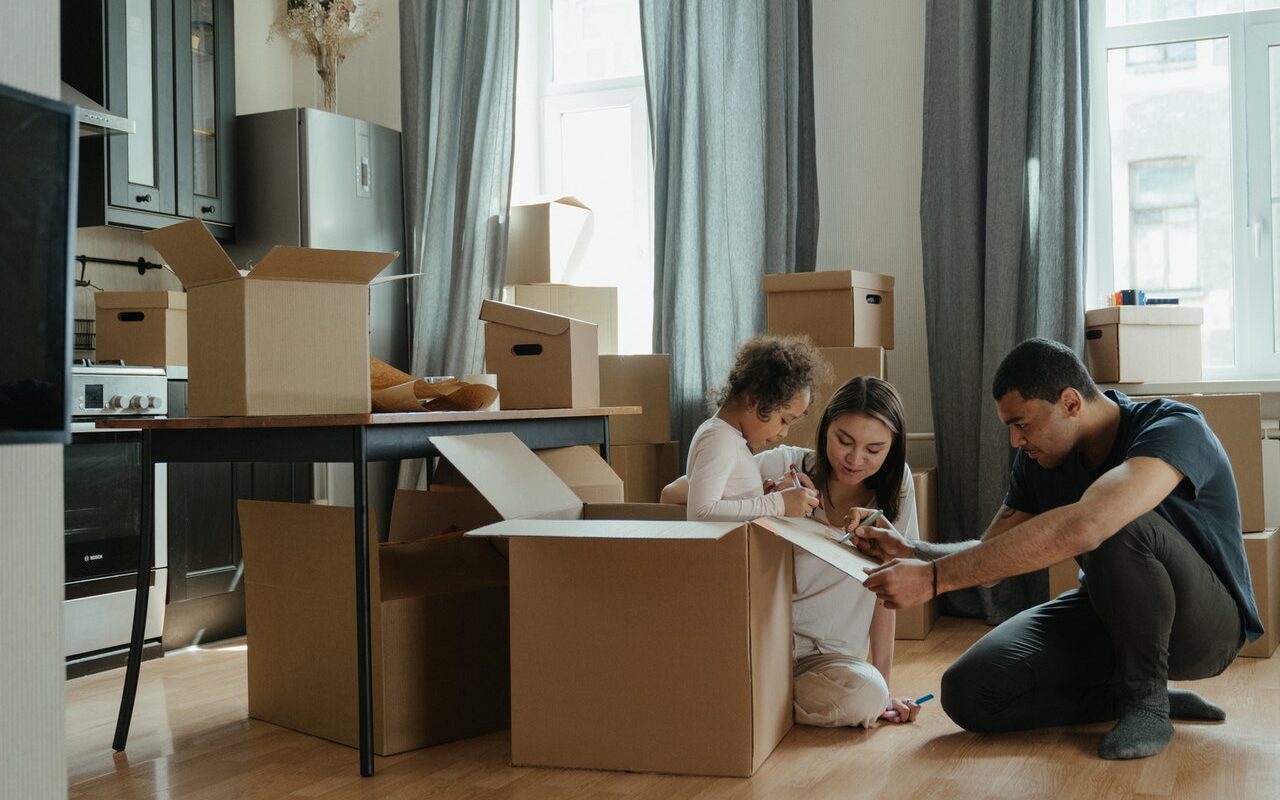Good things take time. However, sometimes we do not have much time on our hands. This is especially true if you are planning a time-consuming and arduous task such as moving. Arranging a future move has many steps in-between packing and unpacking that are difficult to do in haste. Many of us dream about a time machine that can speed up the moving process! But, do not fret. There are certain things you may do to significantly reduce the amount of time needed for a relocation.
- Prepare a game plan beforehand
To best optimize the minimal amount of time you have, you will need to make a plan. Listing all of the tasks you have to complete before the move will help you prioritize and prepare. You may even be able to schedule some tasks, making it easier to grasp just how much time you need for the moving process.
Do your due diligence by researching all the things you are unfamiliar with to optimize the time needed for them. Guides, such as how to buy a home, will provide you with information you may lack. To stick to your original plan, be sure to write it down in whatever form suits you. There are different online options as well as the tried-and-true paper and pen method. Whatever you choose, writing things down will allow you to have all of the vital information at hand.
- Declutter prior to the move
Having fewer belongings to carry with you into the new home will successfully speed up the moving process. This is why decluttering is an essential task worth accomplishing. And what better time to do so than before the move? By bringing in all of the clutter into your new place, you will certainly fill it up before even getting the chance to enjoy your new home.
However, there is a proper way of decluttering that can save you some time. Before your relocation, dedicate a box for items you do not use or wish to keep. Multiple boxes with labels such as “sell”, “give”, and “throwaway” might be an even better option. Additionally, try to deal with the items in these boxes as soon as possible, so their absence gives you peace of mind. If you want to save even more time, a self-storage unit can significantly help. It can serve as a home for these items, so you may deal with them at a later time when you are not in a time crunch.
- Get assistance whenever possible
Acquiring as much help as possible is one of the best ways to speed up the moving process. So, spread the word, ask for help, and offer compensation in the form of eternal gratitude (or a free night out). The best part about this step is that anyone can help, from giving you advice to labeling and carrying boxes. The more willing participants, the better! However, make them aware of their duties and work together to improve the efficiency of their tasks.
If you cannot find adequate help, professional movers can surely lift the weight off your shoulders. This is especially the case when it comes to long-distance moves. For such relocations, your stress levels are likely to be higher, while the amount of time you have is likely to be reduced. So make the right choice by hiring reliable movers that will help you speed up the moving process while also providing help every step of the way. Although it may appear that doing so would be more expensive, that is not the case in the long run. More often than not, it is the exact opposite of that.
- Pack early and wisely
Packing should never be a task you do the night before moving. If this happens, you are bound to have stress-inducing relocation. To avoid this, start packing as early as possible. The best course of action would be packing items you do not use daily. As time goes on, pack more and more things you won’t use until you are left with only the necessities.
Even if you’re pressed for time, pack your items correctly. This will ensure that they arrive intact. Examine each of your possessions and sort them depending on your preference. You might choose to do so by room, purpose, or how fragile they are. Whatever you choose, make sure you have quality packing materials and tools! Also, to make unpacking that much easier, label everything. You can do so in various ways. If you are, for example, packing a home office, you can put a label that states which room the box should be left in or how heavy or fragile the items inside are.
- Be realistic about how much you can speed up the moving process
Last but certainly not least, your expectations are essential. One of the biggest mistakes you can make while moving is stressing yourself by setting unrealistic expectations of how fast you want to execute the relocation. You must avoid making such a mistake.
By this point, you should have an understanding of how long each task can take. However, keep in mind you might not be able to speed up the moving process to the extent you wanted to. The culprit for this can be the number of items you have, whether or not you opted for movers or something else entirely. This is quite common and occurs more frequently than perfectly timed moves. Understand you will run into issues no matter how organized or ready you might’ve felt you were. Moreover, remember – you’re just human. Allow yourself some leeway to make mistakes and learn from them.
Photo used:
https://www.pexels.com/photo/family-unpacking-after-moving-4569340/







